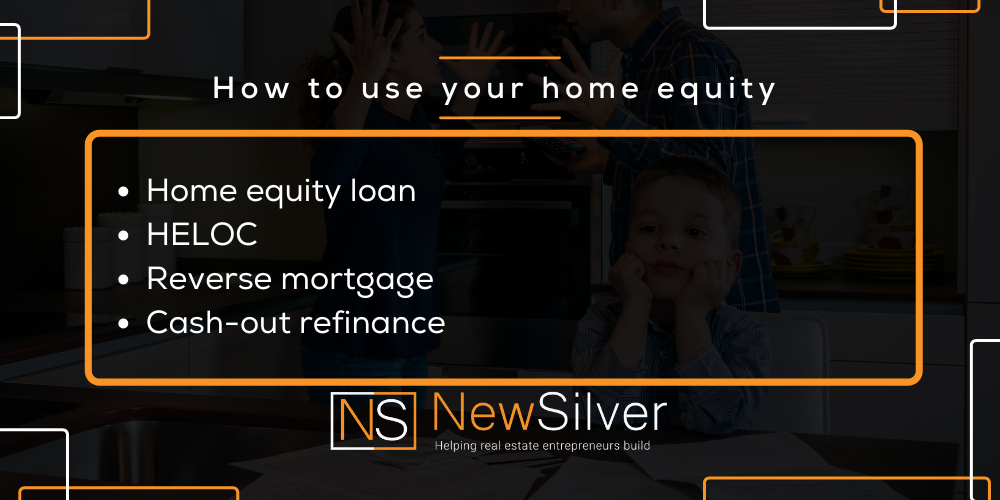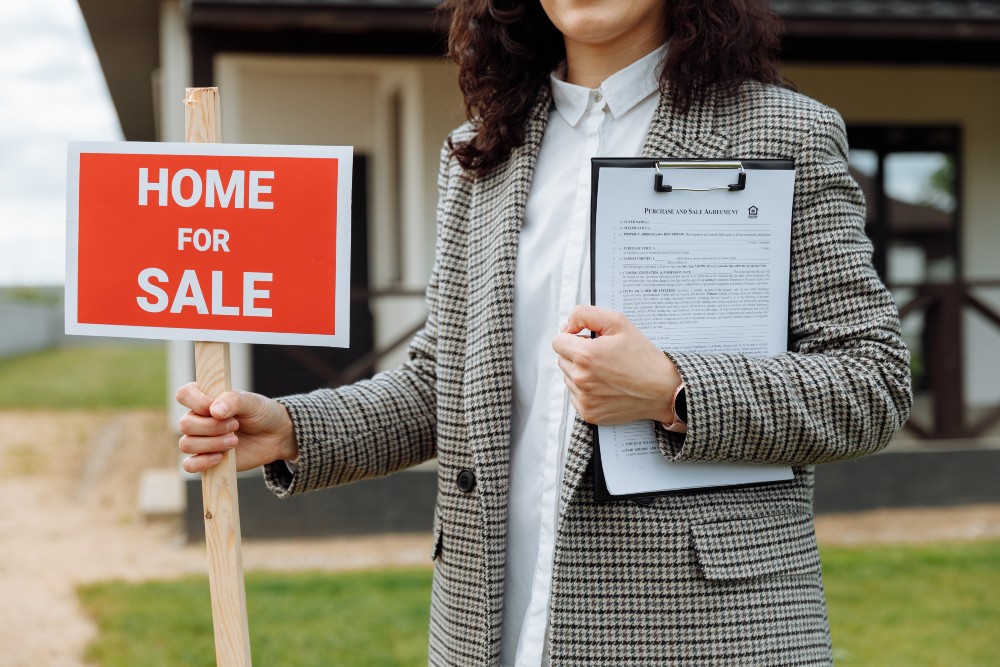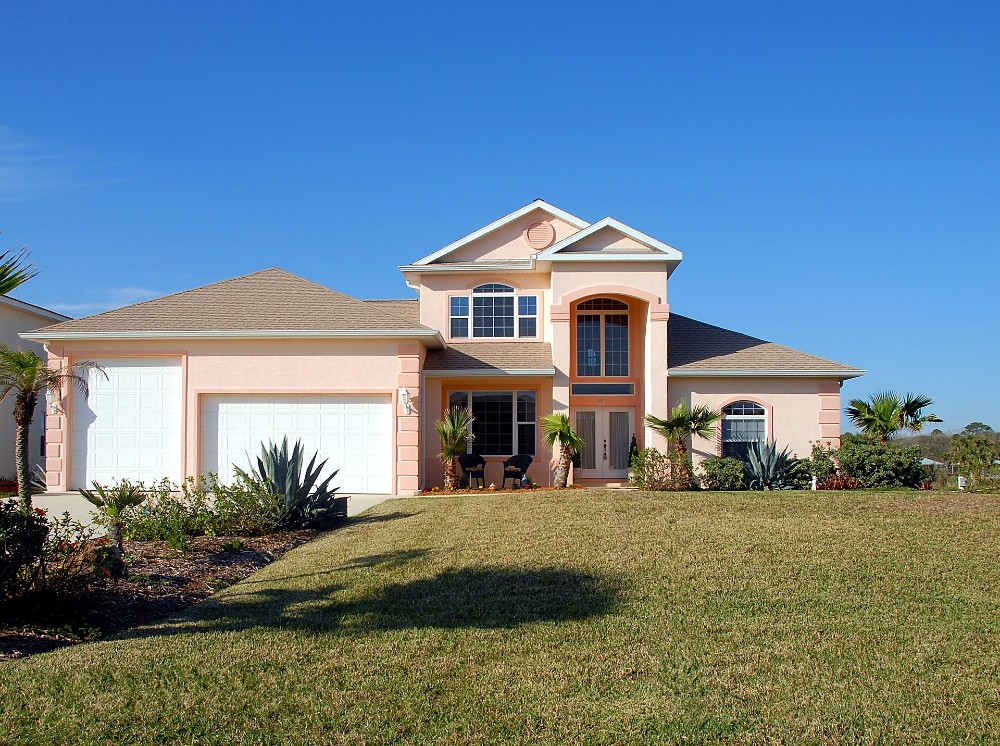A quick outline
Once you’ve built up a large amount of equity in your home, you may think about using it to further increase your net worth. Buying a second property with this money can be a great decision for those who are looking make money from real estate through an investment property. We’ll delve further into the topic of using equity to buy another house in this detailed guide.
Table of Contents
Investing in real estate has long been referred to as one of the best avenues to invest money, by the experts. By purchasing real estate you’re contributing towards an asset and building equity, which is one of the biggest financial benefits to home ownership because once you’ve built up a large amount of equity in your existing home, you can get access to it. You can then use this money for anything you may need, whether it’s your child’s college education or to pay off your credit card. Let’s talk about whether you can use your home equity to buy another house and how it all works.
Can I use the equity in my house to buy another house?
The short answer is yes. If you’d like to buy another home, but you don’t have the money on hand for it just yet, you can use your current home’s equity to help. Once you have built up equity in your current home, you can borrow against it and use this money for a down payment on another home so that your new mortgage is smaller and that you have lower monthly repayments.

Pros and Cons of using home equity to buy another house
Pros
- Easy access: Borrowing from your current home equity is often a lot easier to qualify for, with less red tape than other types of
- Lower interest rates: A loan against your home equity will offer lower interest rates than most other loans for investment properties.
- Investment property: Putting the money you’ve borrowed towards purchasing another property means that you can turn it into a rental property and generate a revenue stream or turn it into a fix and flip Either way, you can use your money to make more money, by purchasing an asset.
Cons
- More debt: Taking out another mortgage and reducing the amount of equity you’ve got in your current home will result in an increase in the amount of debt you’re paying off, and this will make your repayments higher.
- Larger risk: Taking equity out of your home is risky, because if the value of the property had to drop, you could end up with very little equity. Also, if you’re planning on purchasing an investment property and it doesn’t work out, this could create serious financial problems.
How much equity do you need to buy a second house?
This depends on the type of loan that you choose to use, and the amount of equity that you have in your current home. Home equity loans usually give you up to about 85% of the equity currently in your home, which means that if your home is valued at $300,000 and you owe $200,000 on it, you have $100,000 in home equity. So, you’d be able to borrow a maximum of $85,000.
How to use home equity to buy another house

If you’re a homeowner, and you’d like to use your home equity to buy another property, you have a few options to choose from.
1 – Home equity loan
A home equity loan works like a second mortgage, and the loan amounts are based on the difference between the market value of a home versus what’s left of the mortgage. Home equity loans are large lump sum deposits which are most useful for making a down payment on your next home. You can usually borrow up to 85% of your home’s value, and these loans are typically fixed-rate loans with fixed terms.
While these loans may be inflexible, the upside is that you’ll know what you’re paying every month and there will be no increase in the repayment amount over the period of the loan. The drawback is that these loans have a higher interest rate than traditional home loans.
2 – HELOC (Home Equity Line of Credit)
A HELOC is a revolving line of credit that works similarly to a credit card, whereby you can take what you need out of it, when you need it, for a period of time. There are 2 phases to a HELOC, the draw period and the repayment phase.
During the draw period (which is often around 10 years) you will only need to pay off the interest, and after this time the repayment period will kick in and you’ll need to pay back the loan and any remaining interest steadily without taking money from it anymore. The repayment period terms vary depending on the lender.
Most banks offer these loans and they come with variable interest rates and low closing costs. The flexibility that these loans offer can be great for people who need an emergency fund for any reason, and just as useful for those looking to buy another house. This is an easy way to get funds for a down payment, and anything else you might to pay for when buying another property.
3 – Reverse Mortgage
A reverse mortgage is a more complicated way to finance the purchase of another property whereby homeowners who are 62 years or older can apply for a Home Equity Conversion Mortgage (HECM) or reverse mortgage. These loans can be structured as a line of credit, or as a lump sum payment.
This allows homeowners access to their home equity without having to repay the loan until they leave the home. However, interest will still be charged and this will add up over time. A reverse mortgage can be used to purchase another home, but the catch is that the home that is purchased needs to be the primary residence.
4 – Cash-out Refinance
Using a cash out refinance to buy a second home essentially replaces your current mortgage and adds the extra amount that you’re borrowing onto the amount that you currently owe. If the cash-out refinance has a lower interest rate than the original mortgage, this could work in the borrower’s favor and give them a monthly repayment amount that isn’t a lot higher. However, this may not be the best option for those who already have a low interest rate on their home loan.
The closing costs on a cash-out refinance are higher, however this type of loan allows you to receive a large sum to use as you wish. The amount that you can borrow depends on the amount of equity that is in your current home loan.

Additional tips for buying a house with equity
If you’re not sure how much equity you have in your home, here’s how to work it out…
Take your mortgage and divide it by what you currently owe on your home. This will give you a percentage which is your Loan To Value ratio, which you can subtract from 100% to give you your home equity percentage.
Closing thoughts
Using your home equity can be a good plan of action if you intend to use it as an investment property, however bear in mind that if things go awry with it, you could end up in a very tough financial spot. Make sure that you’ve considered all the pros and cons and weighed them up against your personal financial situation before using your current home equity to pay for a new property.



